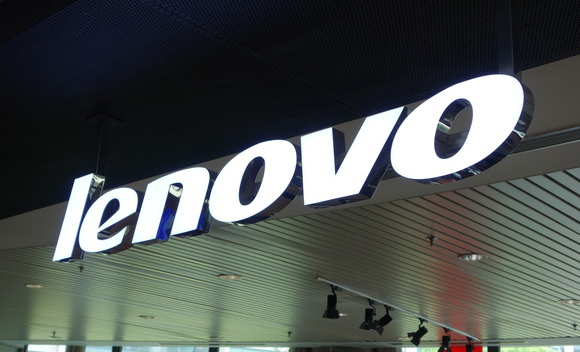A few years ago, Lenovo toppled rivals HP and Dell to become the world’s top PC maker, and it now wants to do the same in servers.
It hopes to do so through the newly formed Data Centre Group, previously known as the Enterprise Business Group. The group is getting more financial resources, expertise and flexibility to chase new hardware designs and software partnerships.
Lenovo became a major player in servers almost overnight after completing the $2.3 billion acquisition of IBM’s x86 server business in 2014. Lenovo today is the world’s third largest server vendor behind Hewlett Packard Enterprise and Dell.
Converged systems
From a barebones server maker, Lenovo is adding versatility to its product line-up with hyperconverged systems like Converged HX servers running on software from Nutanix. The integrated servers pool storage and computing resources, which can be managed and provisioned through a virtualised environment.
Lenovo also continues to build servers for hyperscale environments that drive mobile and cloud services. It has supplied servers to Baidu, Tencent and Alibaba, which are building mega data centres in China.
More changes are on the way as the company looks to capture a larger share of the server market, said Gerry Smith, president of Lenovo’s Data Centre Group, in an interview.
Servers with ARM processors are being tested out at European sites, and all-flash storage arrays are being researched for use in servers, Smith said.
Partnership reliance
A large part of Lenovo’s growth hinges on partnerships, and the company will tie up with more hardware and software companies to build its integrated server offerings. The company has already partnered with Juniper to bring networking equipment to its servers. It has also partnered with software companies like SAP to build integrated servers to handle specific applications.
Lenovo’s approach to converged systems is a route also being taken by HPE and Dell. But Lenovo offers better value, Smith said, with the ability to build servers with similar or better technologies at lower cost.
Some of those cost advantages come from Lenovo’s ability to make servers in its home base in China. Google and Facebook, which are among the world’s largest server buyers, design their own servers and then send them to China or Taiwan to be manufactured more inexpensively than they would be in the US That cuts out server middlemen like HPE and Dell, which are based in the US Lenovo didn’t say whether it makes servers for Google and Facebook, but said it has Tier 1 and Tier 2 worldwide as contract manufacturing customers.
Lenovo also has a presence in Mexico, where it can build servers for US customers.
x86 processors
Servers sold by Lenovo are based on x86 processors, but the company is “agnostic” about chip architectures, Smith said. As workloads shift, the company will make decisions on what chips to offer in its servers.
Right now Intel chips dominate the market, but there is a growing interest in ARM architecture, especially for cloud applications, and IBM is pushing its Power architecture aggressively in China. Smith didn’t comment on whether the company would support Power, which was retained by IBM and not sold to Lenovo during the 2014 x86 server acquisition transaction.
Smith did not comment on whether Lenovo would acquire companies to supplement its server business, which has been the strategy of HPE and Dell.
Lenovo would rather partner and retain flexibility in its server offerings than tying customers up to specific technologies, Smith said.
Limited range
Lenovo still does not have as wide a range of server offerings as HPE, which offers mission-critical servers and systems like Moonshot for hyperscale environments. Lenovo also lacks a full-fledged consulting unit to serve customers.
Dell and HPE are also emerging more as software companies, with servers acting as a front to sell applications, which generate better margins. Servers with x86 chips are commodity parts, and it remains to be seen whether Lenovo can squeeze huge profits from them.
But Smith believes Lenovo’s best days in servers are ahead.
“We’ve always thought this business was fantastic,” Smith said.
IDG news Service







Subscribers 0
Fans 0
Followers 0
Followers